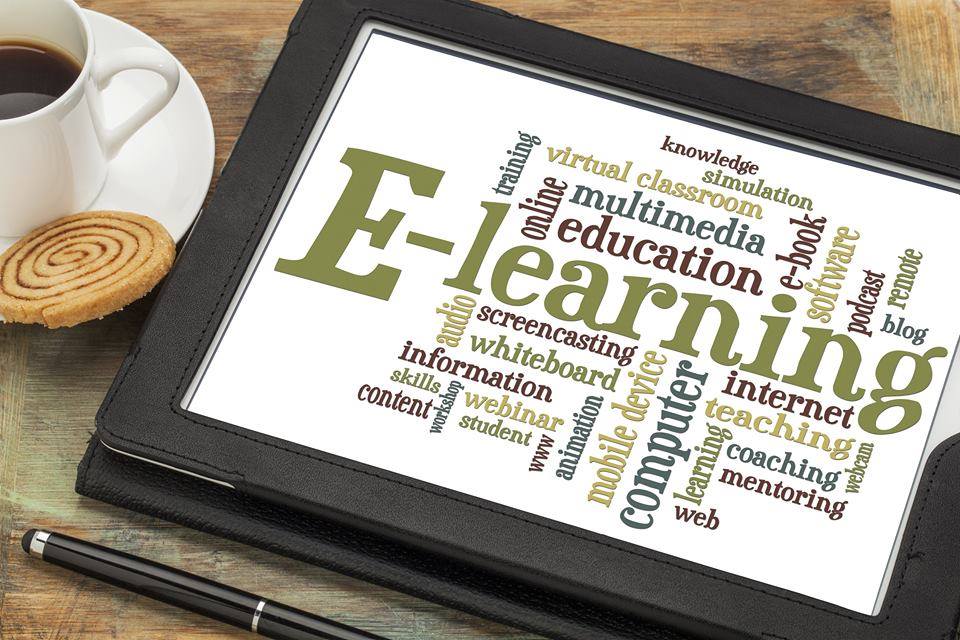The power of self-directed e-learning is undeniable in the field of coaching. Traditionally, coaching relied heavily on face-to-face interactions and in-person training sessions. However, the advent of technology has revolutionized the way coaching is delivered, making self-directed e-learning a potent tool for personal and professional development.

Self-directed e-learning provides individuals with the flexibility and autonomy to tailor their learning experience according to their specific needs and preferences. Learners have the freedom to choose the topics they want to focus on, the pace at which they progress, and the resources they utilize. This personalized approach empowers individuals to take ownership of their learning journey, resulting in a more engaging and effective experience.
Key Advantages Of Self-Directed E-Learning
One of the key advantages of self-directed e-learning in coaching is the accessibility it offers. Geographical barriers are eliminated, as learners can access coaching materials and resources from anywhere in the world, at any time. This enables individuals to tap into a wealth of knowledge and expertise that may not have been readily available in their local vicinity. Additionally, self-directed e-learning often provides a cost-effective solution, as it eliminates the need for travel expenses and reduces the overall costs associated with traditional coaching methods.
Self-directed e-learning allows for continuous learning and skill development. Learners can revisit and review materials as many times as needed, reinforcing their understanding and applying newfound knowledge to real-life situations. This flexibility enables individuals to learn at their own pace, ensuring a deeper level of comprehension and mastery.
Another significant advantage of self-directed e-learning is the integration of multimedia and interactive elements. Through videos, audio recordings, quizzes, and interactive simulations, learners can engage with the content in a dynamic and immersive manner. This multimodal approach caters to different learning styles, enhancing retention and application of concepts.
Self-directed e-learning fosters a sense of self-motivation and accountability. Learners are empowered to set their own goals, track their progress, and celebrate their achievements. This intrinsic motivation leads to a higher level of commitment and dedication, resulting in more effective and sustainable learning outcomes.
The power of self-directed e-learning in coaching is transformative. It enables individuals to personalize their learning experience, overcome geographical barriers, and engage with interactive content. The flexibility, accessibility, and continuous learning opportunities provided by self-directed e-learning empower individuals to take control of their own growth and development, ultimately leading to more meaningful and impactful coaching experiences.


